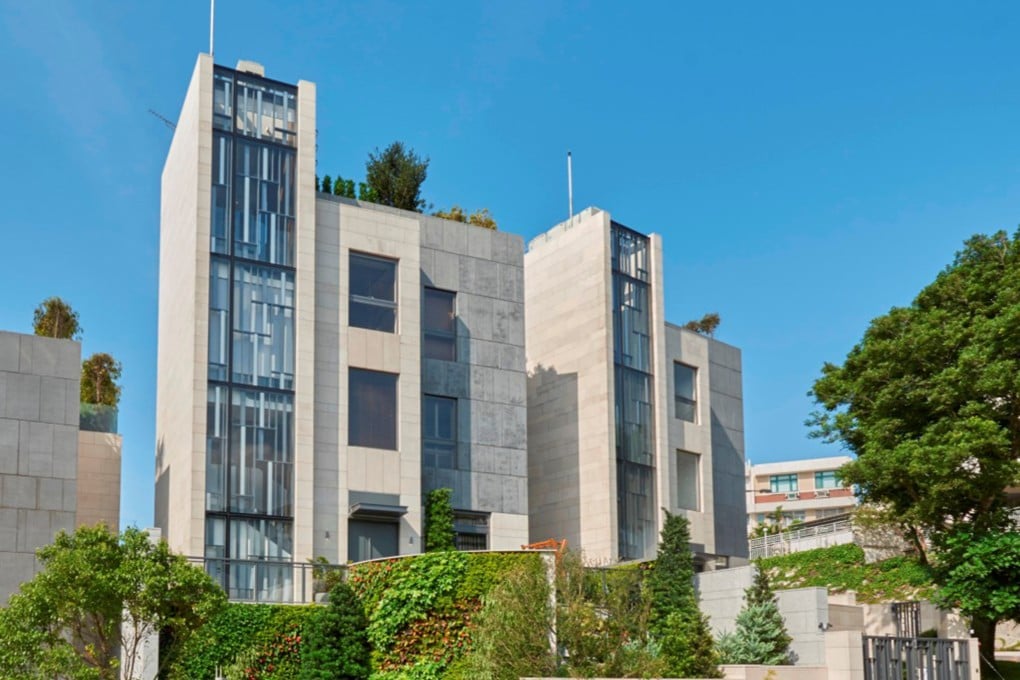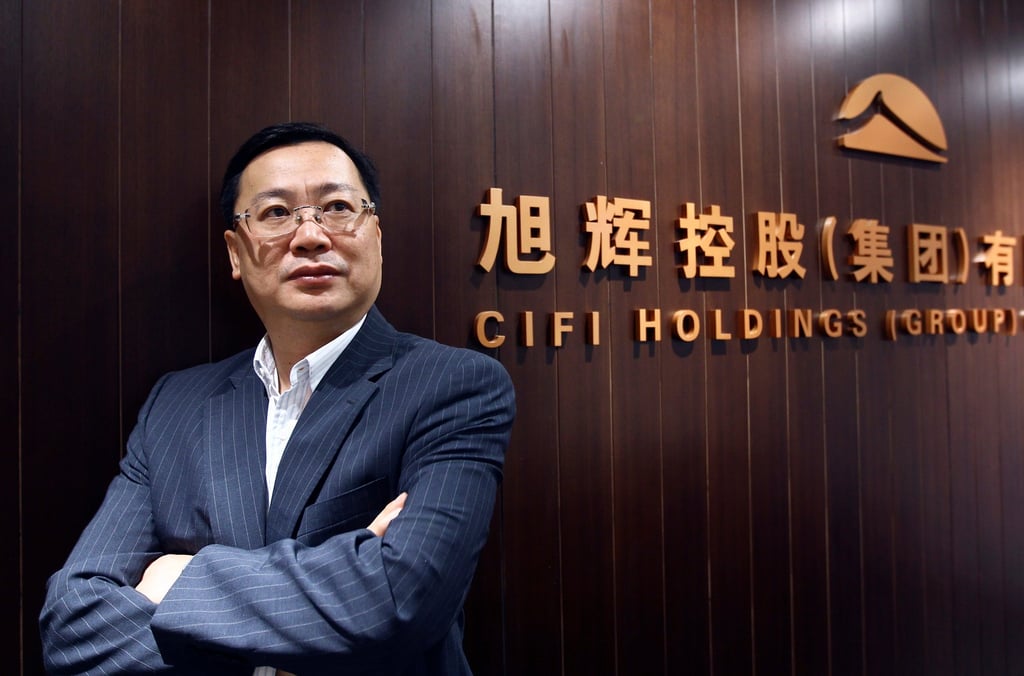Hong Kong property: CIFI chairman Lin Zhong seeks US$212.7 million for 5 luxury homes in Stanley
- CIFI Holdings’ chairman Lin Zhong and his brothers are asking HK$1.66 billion (US$212.7 million) for the five houses, 7.8 per cent less than the purchase price
- The sizes of the 3-storey detached houses range from 4,374 to 6,615 sq ft, and each comes with a garden and outdoor swimming pool

The five detached houses, located at No 1 Horizon Drive and 44, 46, 48 and 50 Chung Hom Kok Road in the upmarket residential area of Stanley, have an asking price of HK$1.66 billion (US$212.7 million), 7.8 per cent less the acquisition price three years ago.
The sellers recently cut the asking price in line with the city’s slowing property market to HK$1.66 billion, according to sources familiar with the matter. The revised asking price is HK$140 million less than the HK$1.8 billion the Lin family paid CIFI in 2020 to acquire these properties in a related transaction. They were originally listed for HK$1.98 billion.
CIFI Holdings declined to comment as it does not own the assets.

The sale comes amid a slowdown in Hong Kong’s property market, with high interest rates and a sluggish economy in China weighing on sentiment. Home prices weakened in June for the second consecutive month, with the city’s widely watched lived-in property index falling 0.54 per cent month on month after weakening 0.93 per cent in May. Homeowners who want to sell quickly may have to reduce prices further as the outlook is unlikely to improve in the next few quarters, according to analysts.